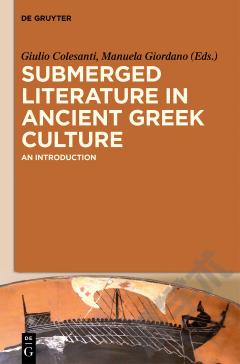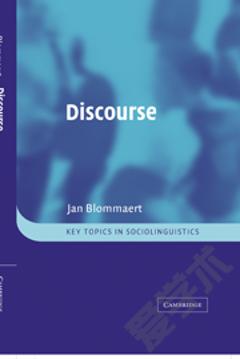Proclus: An Introduction
Proclus of Lycia (412–485) was one of the greatest philosophers of antiquity, producing the most systematic version of late Neoplatonic thought. He exercised enormous influence on Byzantine, medieval, Renaissance and German Classical philosophy, ranking among the top five of ancient philosophers in terms of the number of preserved works. Despite this he is rarely studied now, the enormous intricacy of his system making the reading of his treatises difficult for beginners. This book provides the first comprehensive introduction to all the basic areas of Proclus' thought. It carefully guides the reader through his metaphysics, theology, epistemology and theory of evil, as well as his sophisticated philosophy of religion. It also sets Proclus in the historical, social and religious context of late antiquity, offering a synthetic account that will appeal to historians and students of ancient religion.
{{comment.content}}








 京公网安备 11010802027623号
京公网安备 11010802027623号